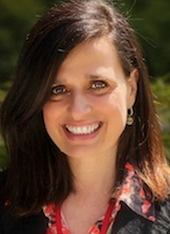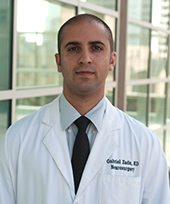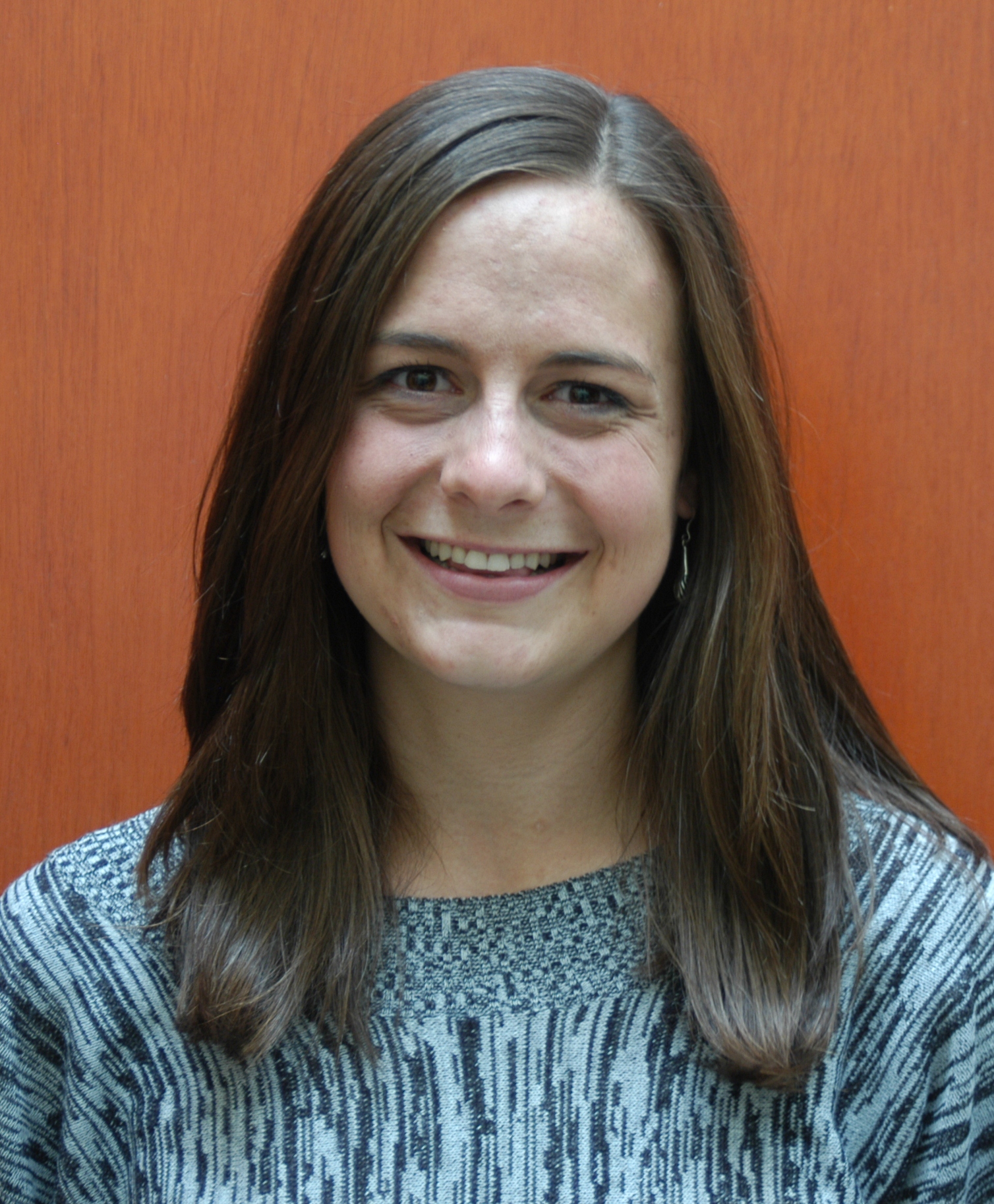SC CTSI Team-Building Coursework Turns USC Faculty and PhD Candidates Into Colleagues
The team-oriented focus in education is unique among the nation's Clinical and Translational Science Award programs and demonstrates its effectiveness when a class project generates a published peer-reviewed research article.
With medical research becoming increasingly cross-disciplinary, education strategists at the Southern California Clinical Translational Science Institute (SC CTSI) developed a series of courses that brings together USC faculty and PhD candidates to give them hands-on experience working with investigators from diverse backgrounds.
The new coursework proved even more successful than expected when a four-person team consisting of two assistant professors and two graduate students collaborated on a research article – a review of the scientific literature about emotional and behavioral impacts on children with a type of brain tumor called a craniopharyngioma – that was significant enough for publication.
SC CTSI administers various educational programs that provide skills and mentorship for early-career clinical and translational investigators, such as the KL2 curriculum, which serves junior faculty and post-doctorate fellows, and the TL1 curriculum for PhD candidates.
But SC CTSI is unique among CTSA educational programs because it teams KL2 Scholars and TL1 Trainees in the same courses. The Scholars and Trainees take three courses together during the first year of their programs, covering areas like clinical research methodology, research in diverse populations, scientific communication, research integrity, and team science.
Our goal with these courses is to create a formal framework for teaching researchers how to work and produce high quality, transparent and meaningful research findings as teams.
Cecilia Patino-Sutton, MD, MEd, PhD
Much of clinical and translational research is conducted by groups that bring together people with very different training and specialties, explained Cecilia Patino-Sutton, MD, MEd, PhD, Director of Education for SC CTSI’s Education, Career Development, and Ethics program. "Our goal with these courses is to create a formal framework for teaching researchers how to work and produce high quality, transparent and meaningful research findings as teams," she said.

Cecilia Patino-Sutton, MD, MEd, PhD
The recent four-person team included the KL2 Scholars Gabriel Zada, MD, Assistant Clinical Professor in the Department of Neurological Surgery, Lilyana Amezcua, Assistant Professor in the Department of Neurology, both of the Keck School of Medicine of USC. The team's TL1 Trainees included Natalie Kintz, fourth-year PhD candidate in the Neuroscience Graduate Program, and Mario Pulido, PhD candidate in Genetic, Molecular and Cellular Biology.
The teamwork has been one of my favorite aspects of the program. Because of my clinical training, I already feel very comfortable running an operating room, but I don't feel as comfortable running a lab - it's a whole other skill set.
Gabriel Zada, MD
Zada, a neurosurgeon whose specialties include brain tumors, proposed the group's article topic. To produce the literature review, the authors conducted a systematic assessment of hundreds of publications. It is a time-consuming but valuable endeavor that helps identify the most important published research in a given field, which also helps researchers design new research questions and studies, explained Patino-Sutton.
Zada said the combined KL2-TL1 coursework is helping him develop professionally from a surgeon to a surgeon-researcher. "The teamwork has been one of my favorite aspects of the program," he said. "Because of my clinical training, I already feel very comfortable running an operating room, but I don't feel as comfortable running a lab – it's a whole other skill set. But we had the opportunity to implement some of these skills on projects like writing the article as a class assignment."

Gabriel Zada, MD
Graduate student Kintz, a neuroscientist who studies neurodegenerative conditions such as Parkinson's disease, said the opportunity to work with medical doctors gave her valuable additional insight for her areas of study.
"We're learning that many of the neurodegenerative diseases I research have a lot in common, so it's critical to learn from and work with people in other fields," Kintz said. "The KL2 Scholars brought a very different perspective than the people I'm normally surrounded by as a graduate student, both because they're trained as clinicians, but also because they're farther along in their careers. I wish more graduate students could take part in the program."

Natalie Kintz, fourth-year PhD candidate
The team's paper, “Prevalence of neurobehavioral, social, and emotional dysfunction in patients treated for childhood craniopharyngioma: A systematic literature review,” was published in the November 2013 issue of PLoS ONE, a peer-reviewed, open-access online journal that publishes research from all areas of science and medicine.
In recognition of the group's accomplishment, the SC CTSI is providing the publication fee.
A formal framework to teach team-building in research
"Because publishing is so critical to the advancement of science, as well as to any researcher's individual career, we made writing a key objective in the coursework," said Patino-Sutton. "Not only did the current team of scholars develop the article, but they did so at a level of quality and professionalism that justified its publication."
Clinical and translational research typically involves large laboratories, numerous professionals and employees, and multiple specialties, making these investigations a substantial managerial challenge. As a result, the program translates lessons about management and operations familiar in the world of business to that of clinical and translational research. These include such tasks as hiring, creating budgets, dealing with conflict, and leadership – skills rarely covered in science PhD programs or medical training.
SC CTSI is part of the 62-member of the Clinical and Translational Science Awards (CTSA) network funded through the National Center for Advancing Translational Sciences (NCATS) at the NIH (Grant Number UL1TR000130). Under the mandate of “Translating Science into Solutions for Better Health,” SC CTSI provides a wide range of services, funding, and education for researchers and promotes online collaboration tools such as USC Profiles.



